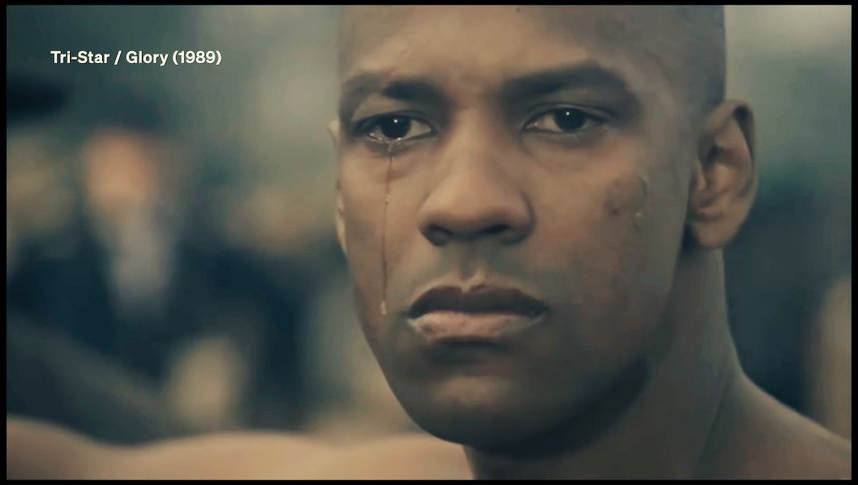Americans are pining for an improved sense of police accountability.
From Oscar Grant in 2009 to Patrick Lyoya in 2022, we question whether the system imposes sufficiently tough consequences to deter excessive use of force.
No matter how we feel about a legal technicality like qualified immunity, we yearn for reassurance that our legal system and our civilian police oversight agencies are not inviting law enforcement officers to violate civil rights — especially of Black Americans. Because if the perception of fairness isn’t strong enough, then we all suffer as our system slowly loses legitimacy.
As the Due Process Institute acknowledges, “due process concerns transcend liberal/conservative labels and therefore we focus on achievable results based on core principles and values that are shared by all Americans”.
Everybody, from all walks of American life, wants law enforcement to regain its reputation for fairness and equity.
The credibility of the system is itself a vital product that must be actively earned and re-earned and re-earned.
Police advocacy organizations often complain that American news media seems biased towards reporting officer use-of-force in an unfavorable light. If this is true, and especially if such bias has worsened over time, then law enforcement advocacy groups must directly engage with that bias and strive to educate the public.
But on the other hand, law enforcement is a practice that relies on significant secrecy to be effective, and thus prefers maximum secrecy. So to ask a hard question: in an era of diminished credibility, is it likely worth sacrificing more secrecy than in the pre-internet/pre-smartphone age, in order to prioritize public perception of accountability?
The increasing use of officer-worn body cameras has forever changed the possibilities of police transparency, but in and of itself has not completely solved the problem (to put it mildly).

Some experts have proposed that law enforcement rules of engagement (ROE) may need to be adjusted, these trade-offs reevaluated on a local level, city by city. Realistically, officers must anticipate the presence of civilian cameras when interacting with the public, including suspects. Is it time to emphasize mass-media-ready transparency and accountability, perhaps even at the expense of other objective goals, such as the immediate safety of the public, in order to restore trust in our system?
